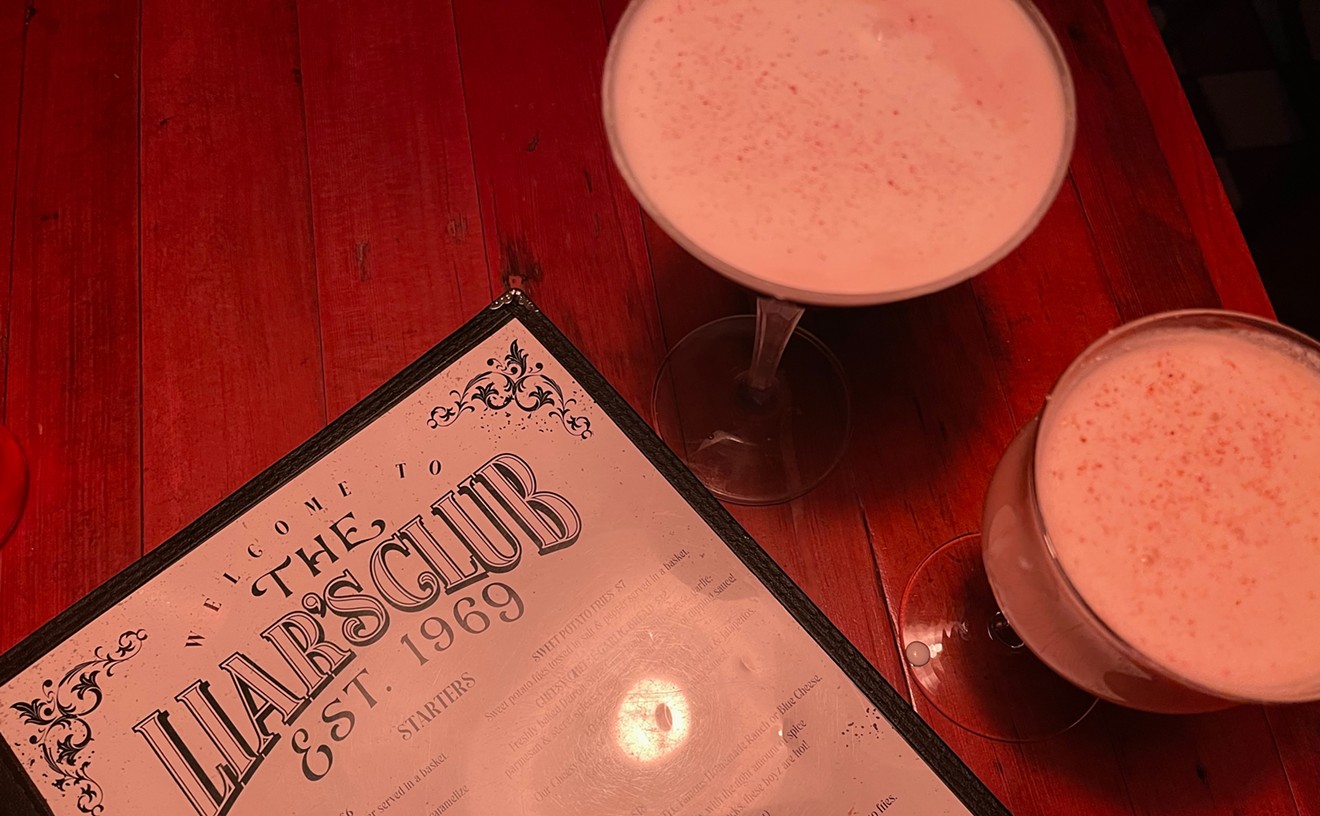"I went back to visit family, never intending to make a film about it," Bui recalls. "I'd spend four months there, come back, spend two months there, come back, and I became fluent. And I didn't have a lot of money, so I hung out on the streets, walked around a lot, and spent some years doing that. I got to know a lot of the street kids and the cyclo drivers."
The three main plot strands of Bui's film--a cyclo driver's love for a prostitute; a street urchin's search for his stolen suitcase full of goods to sell; and a young lotus picker's relationship with a reclusive poet--which the director concocted with his brother and co-producer Timothy Linh Bui, grew out of these trips. "The stories came from the people, and this incredible spirit that's far away from war and conflict, and very much about life and healing and hope. I mention that word 'hope' a lot, because that's the feeling that's there. I was surprised by that feeling in a country that's been through centuries of war."
A fourth subplot, about a U.S. veteran (Harvey Keitel), also grew out of Bui's observations. "I wrote the film to play out as three separate stories," says Bui. "It's called Three Seasons. The fourth [Keitel's], I don't consider one of the major stories. We never actually cut to Harvey, we always cut to another character that takes us to him. I wanted to focus on the other stories, with his story sort of the thread woven through the other three. In part, it's just 'cause it's the last character I wrote."
But the former U.S. serviceman's viewpoint also seemed like an important one to include in a representation of contemporary Vietnam. "On all my visits, I kept meeting all these veterans who were there," says Bui. "Some were looking for children, and some were there just to make peace with the country. It was all about being back in the same place, with the same sounds, but being older, with a new maturity."
It's clear that Bui--who next plans to produce a film by his brother about the experiences of Vietnamese refugees in the U.S. in the mid-'70s--wants to get across the warmth he feels toward his country of origin, despite the unshakably dark associations it has for most Americans. He also admits to a pang of melancholy over the cultural dilution that comes with Westernization. "The minute the American embargo was lifted, the floodgates flew open," he notes. "Now it's all back--Pepsi signs and five-star hotels."
"Having lived in Vietnam before that, it's a bit sad to see it, in a way. It's understood that for a country to progress, you have to open up, you have to move forward. It's better for the economy, better for the people; it makes them more a part of the international setting, and they get more skills and all that. But at the same time, certain traditions are lost. You know, when I was back there years ago, all my little cousins were listening to indigenous folk music and knew the indigenous poems, and now it's all Titanic music and Backstreet Boys."
--M. V. Moorhead










